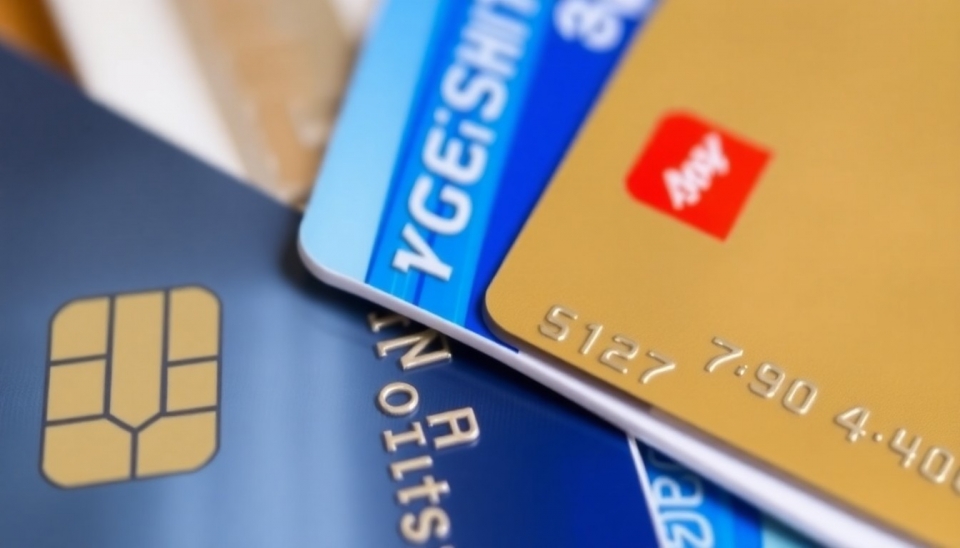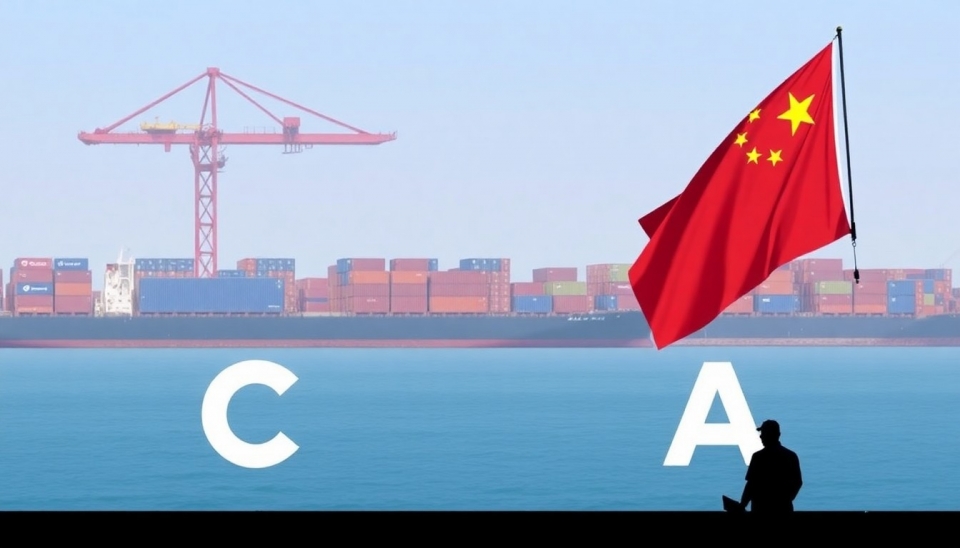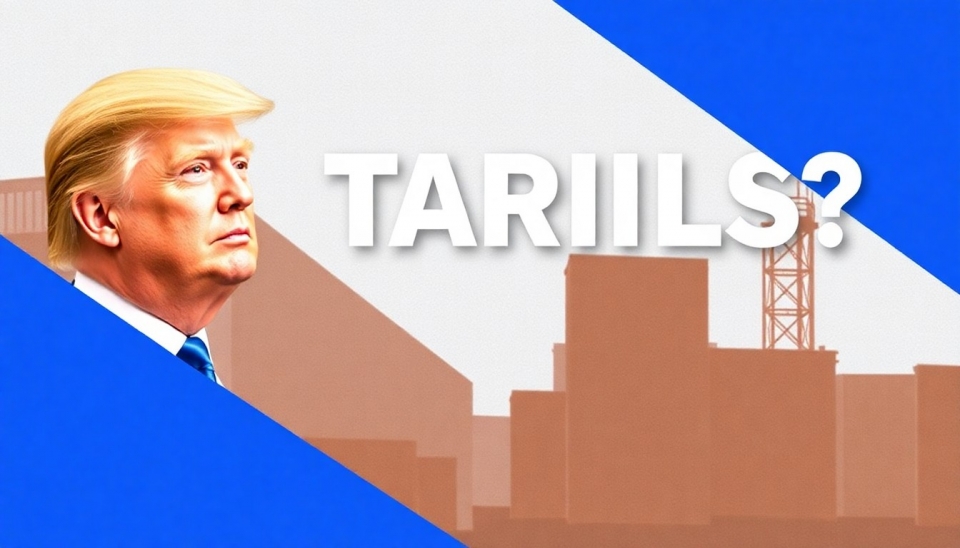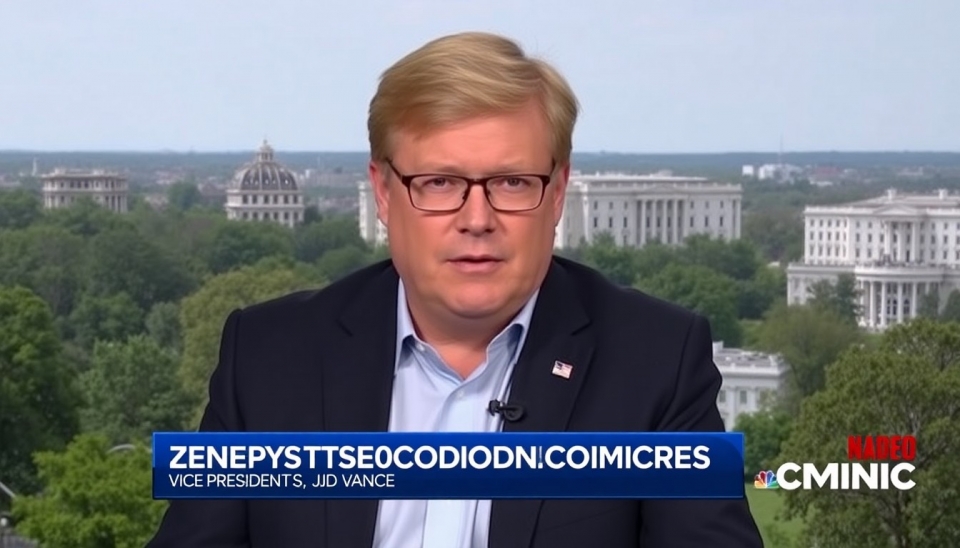Consumer Pessimism: Why Optimism is Declining Amid Cooling Inflation
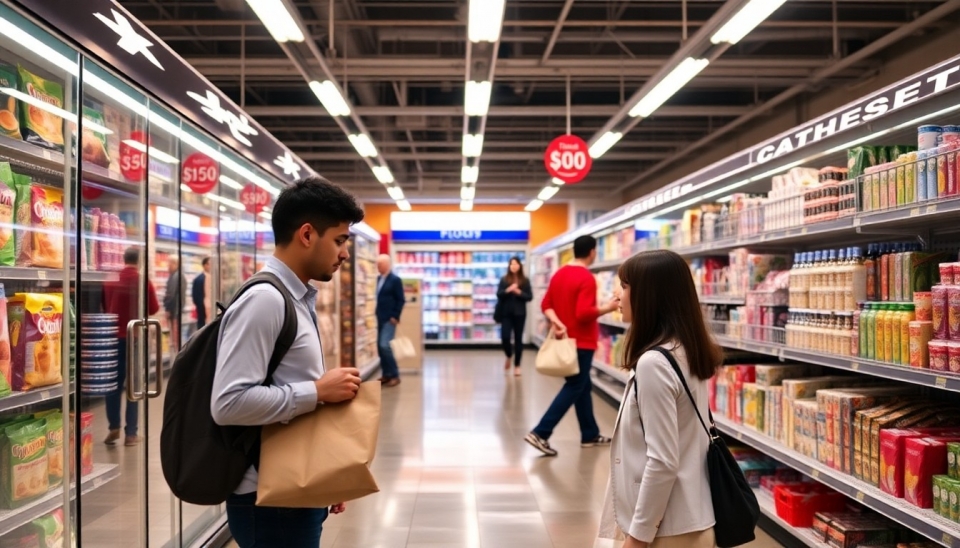
Despite positive signs of cooling inflation in the United States, consumer confidence remains low. Recent surveys show that many Americans are becoming increasingly pessimistic about economic prospects, raising doubts about the resilience of the current economic recovery.
Key factors contributing to this pessimism include high-interest rates implemented to combat inflation, as well as ongoing labor market issues. While data indicates a decrease in inflation levels in recent months, many citizens still feel financial pressure, which can lead them into a debt trap. In addition to these issues, consumer spending indicators have also begun to slow down, adding to the heightened tension.
Economists believe that such consumer uncertainty could slow economic growth in the coming months. With household spending accounting for approximately 70% of the country's economic activity, any changes in consumer sentiment could significantly impact overall growth and recovery. All these factors highlight the complex balance between positive economic indicators and the negative expectations of the broader public.
Amid this pessimism, some researchers still see opportunities for economic prosperity. They argue that despite current issues, the economy can recover and adapt, giving consumers the chance to regain confidence. However, this remains speculative, and the economic future for many citizens is uncertain.
Understanding consumer sentiment is increasingly crucial for analysts and policymakers. How exactly should the government respond to citizens' current concerns, and how can consumption be stimulated? These questions are becoming priorities for boosting confidence and encouraging economic growth.
#economy #consumer_confidence #inflation #USA #financial_psychology
